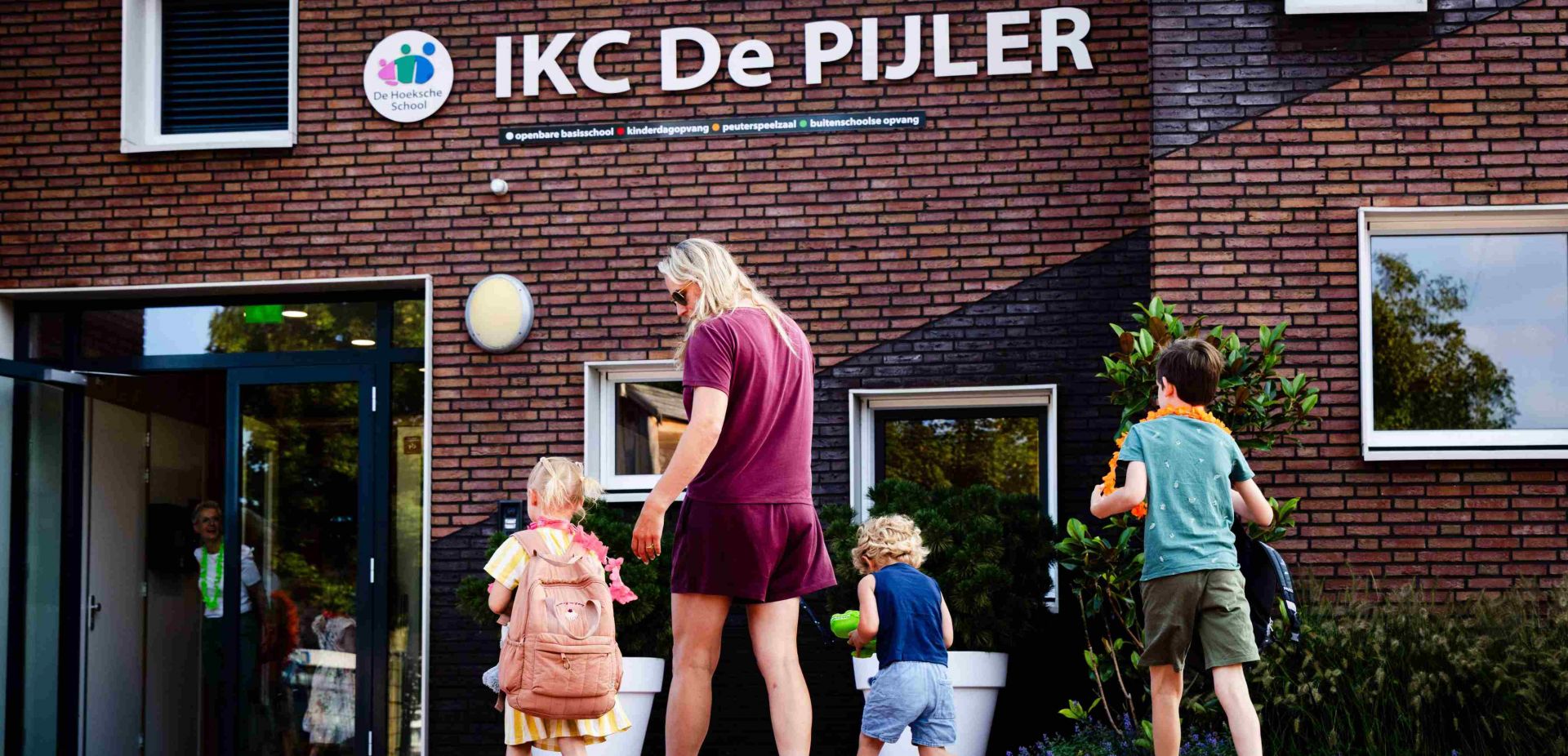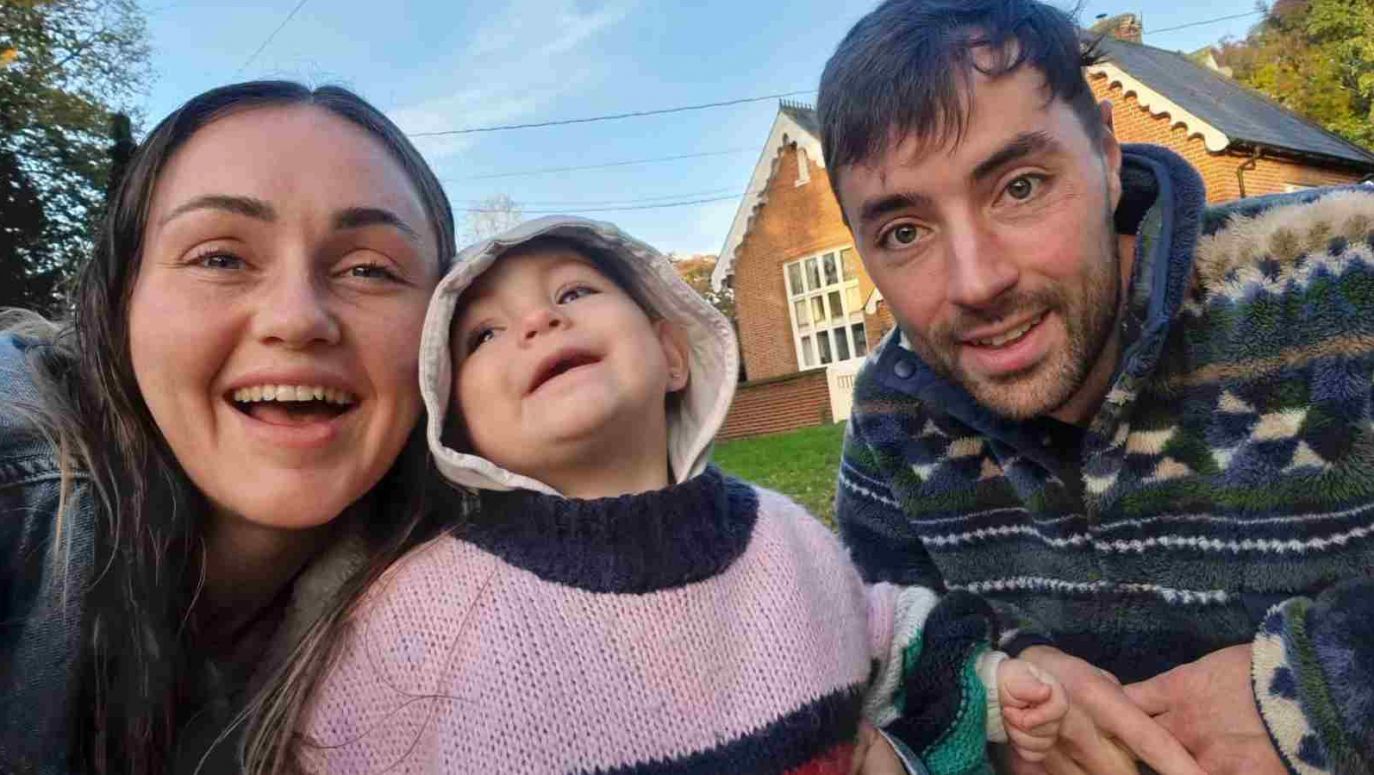Adhering to the directives, Nicole complied by bringing her daughter to the hospital in Amsterdam. However, their interactions were restricted, allowing only limited supervised visits that took a toll on the child's emotional well-being. Undeterred by the consequences, Nicole, against recommendations, left the hospital at her own behest. Despite ongoing communication with social services, the couple proposed installing cameras in their home and agreeing to nurses' checks at any time, all while insisting on remaining with their daughter.
In response, they were sternly instructed to return immediately to the Amsterdam hospital, with negotiations contingent upon compliance. Faced with a seemingly insurmountable challenge, the couple sought legal counsel from multiple lawyers, only to be met with disheartening consensus: "you have no chance."
 SIGN UP TO OUR PAGE
SIGN UP TO OUR PAGE 
Faced with this grim reality, the couple opted to leave the country, setting their sights on the United Kingdom. However, they soon realised that their Dutch ordeal might be replicated. A hasty internet search led them to stories of Dutch individuals finding refuge in Poland, prompting them to head east.
Simultaneously, the Dutch justice system issued a European arrest warrant for the couple, and the child's status was registered internationally as a kidnapped child.
Reflecting on their pre-crisis life, Daniel, Nicole's brother, lamented, "Our entire existence revolved around Olivia. She is my sister's first daughter and my mother's first granddaughter. We possess numerous pictures and videos of her on our phones. This disbelief lingered for a long time, and to this day, we find it challenging to accept," expressed Daniel in an interview with TVP Weekly.
MSBP is easily "infected"
This family's ordeal is not an anomaly, as Transmitted Münchausen syndrome is diagnosed at a notably higher rate in the Netherlands and Germany compared to other regions. In Poland, with a population nearing 40 million, a handful of cases are identified annually. In contrast, Dutch journalists report approximately 100 cases diagnosed in the Netherlands in 2016, despite its population being over 17 million.
Curiously, psychiatrists highlight that understanding this disorder remains in the research stage, with diagnoses primarily focusing on severe manifestations leading to hospitalization or even fatalities. Professors Dominika Berent, Antoni Florkowski, and Piotr Galecki define Münchausen syndrome by proxy (MSBP) as a psychiatric disorder, representing a potentially life-threatening form of maltreatment. This disorder occurs when a person with MSBP is responsible for the care of a child or another individual. The pathology is characterised by a distorted emotional relationship, typically between the MSBP-afflicted biological mother and the child victim.
In this scenario, the seemingly caring and affectionate mother harbours an internal rejection of the child, driven by a compulsive need to be perceived by others as a person in distress. The interest and sympathy garnered from others, especially in response to the apparent suffering of the child, serve as a psychological reward for the mother. The mother actively induces symptoms in the victim through actions such as administering poison, inducing starvation, causing infections, suffocating to the point of unconsciousness, or, in milder forms of MSBP, fabricating imaginary symptoms or abnormal test results when interacting with medical professionals. Consequently, suspicions of someone harbouring a similar disorder can lead to irreversible and profound consequences.

 SIGN UP TO OUR PAGE
SIGN UP TO OUR PAGE 






